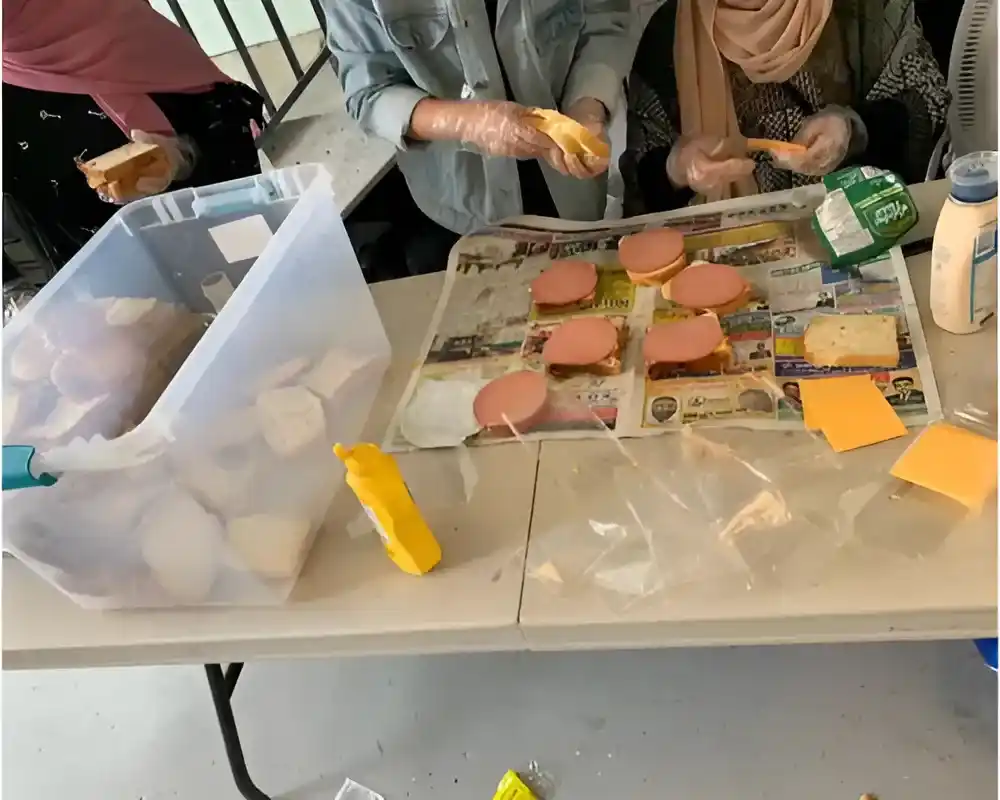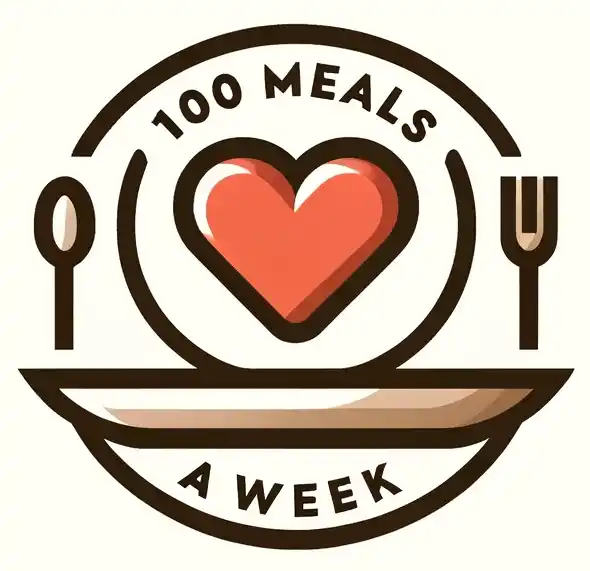Shining a Light on Canada’s Hidden Struggle: Tackling Food Insecurity Together

Food insecurity, often seen as a distant issue relevant only to developing countries, hits closer to home than many Canadians realize. As a mother who has ventured into the realm of non-profit work to combat this very issue, I’ve come to understand the depth and breadth of food insecurity right here in Canada. This issue does not discriminate, affecting individuals and families from all walks of life, spanning from bustling cities to quiet rural areas.
In Canada, a country renowned for its prosperity and strong social systems, the persistence of food insecurity reveals a hidden layer of struggle that many face daily. It’s about not knowing where your next meal will come from or having to choose between paying for groceries and other essential expenses like rent or medication. As someone who has seen the impacts of this issue firsthand, I feel compelled to share the stories of those living in the shadows of food insecurity and the efforts to bring them into the light.
Food insecurity in Canada is multifaceted, influenced by a complex web of factors including, but not limited to, income inequality, unemployment, and soaring living costs. These issues, compounded by the challenges of remote living conditions for some, especially indigenous communities, create barriers to accessing affordable, nutritious food. The statistics are more than just numbers; they represent real people facing daily uncertainties about their ability to feed themselves and their families. For instance, Food Banks Canada reported that in 2021, over 1.4 million Canadians sought help from food banks. This staggering number is a clear signal that food insecurity transcends the boundaries of the developing world, deeply rooting itself in Canadian society.
The COVID-19 pandemic only deepened the crisis, disrupting lives and livelihoods, thereby pushing more people into the grip of food insecurity. As we navigated through these challenging times, the vulnerabilities in our food system were laid bare, highlighting the urgent need for action.
In response, inspired by the resilience and strength of the families I’ve met, I and a few friends founded a non-profit organization aimed at addressing food insecurity at its core. This was the beginning of the Muslim Care Center and during th epandemic it beacame an essential ssrrvice for the DTES community.
Our mission is to not only provide immediate relief through food assistance but also to tackle the underlying issues contributing to food insecurity. Through community spiritual support, educational programs, and advocacy, we’re working to build a future where no Canadian has to worry about their next meal.
Our approach is rooted in compassion and understanding, recognizing that behind every statistic is a story of struggle, hope, and the desire for change. We believe in empowering communities, fostering self-sufficiency, and creating sustainable food systems that benefit everyone. Our journey has been filled with challenges, but the unwavering support and stories of transformation we’ve witnessed along the way fuel our determination.
Food insecurity in Canada is not an insurmountable issue. It requires a collective effort, innovative solutions, and the recognition that food is a fundamental right, not a privilege. As we move forward, let’s remember the power of community and the difference we can make when we come together to address the needs of those around us. Together, we can create a Canada where food insecurity is a thing of the past, and every table is filled with the promise of nourishment and hope for the future.
